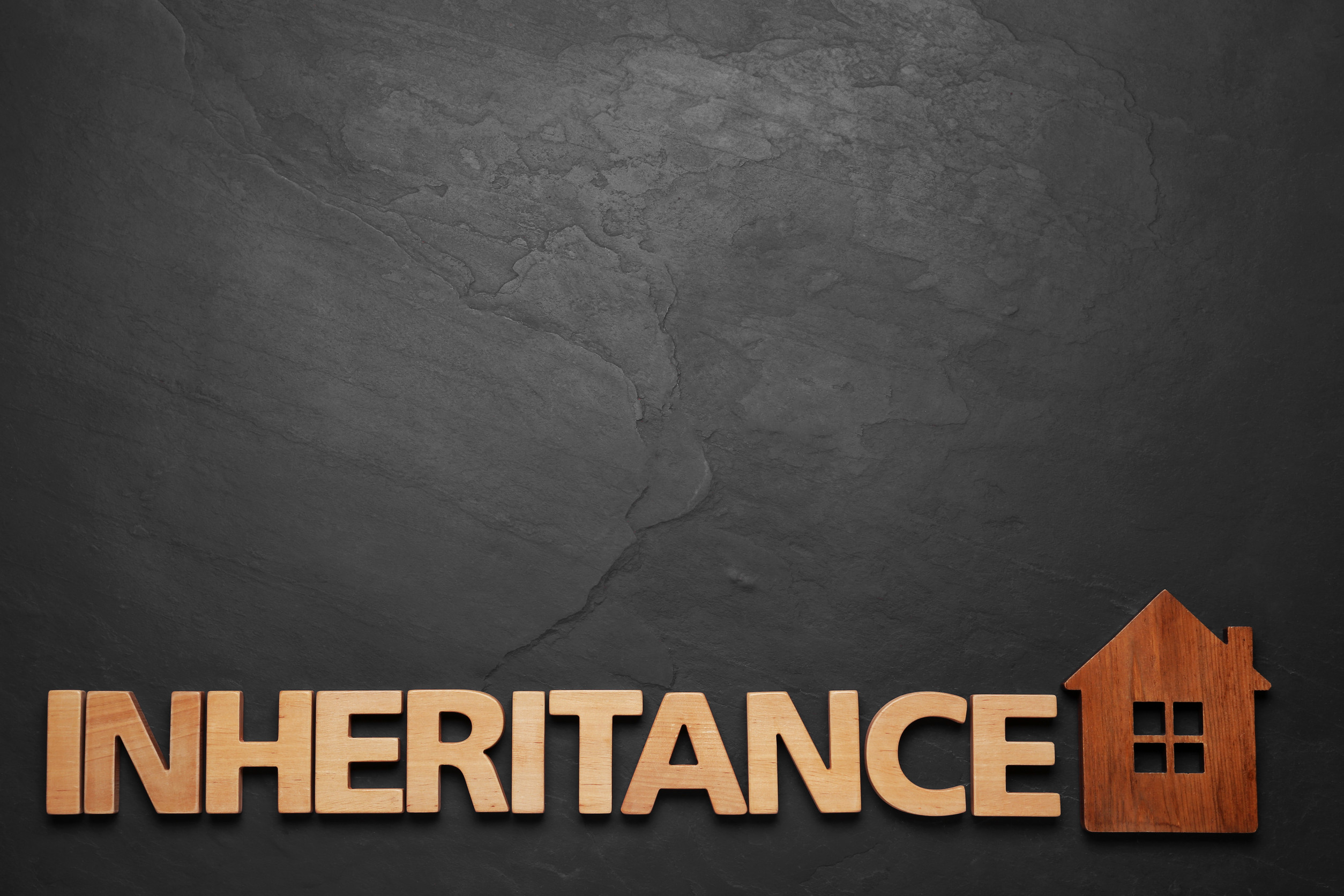
Inheriting property or assets might seem like a blessing, but hidden legal landmines can turn that gift into a lawsuit. Most heirs assume what they receive is clean and straightforward—but that’s not always the case. Many assets carry unseen liabilities, from unpaid debts to environmental violations, that transfer right along with ownership.
Even “innocent” inheritances, the kind passed down with love and good intentions, can expose heirs to costly legal risks. Here are eight surprising inheritances that could drag your heirs into court without warning.
1. Inherited Property with Environmental Damage
That charming old farmhouse or lakeside cabin could be harboring environmental hazards like buried oil tanks, asbestos, or contaminated soil. Heirs who take title become responsible for cleanup under federal and state laws—even if the contamination occurred decades earlier. Environmental agencies don’t care who caused the damage; they care who owns the land now. Cleanup costs can hit six figures, and lawsuits from nearby property owners are a real possibility. Suddenly, a beloved family home becomes a financial nightmare.
2. Classic Cars with Liens or Title Issues
A pristine ’68 Mustang or vintage Corvette may look like a dream come true, but title problems or outstanding liens can make it a legal headache. If a deceased owner failed to properly register or clear a title, the vehicle might not legally belong to the heir. In some states, title defects can lead to litigation from prior owners or lienholders. Heirs can also face penalties if the car was involved in past legal disputes or traffic violations. What starts as a nostalgic gift can quickly spiral into a legal and financial mess.
3. Art and Antiques with Disputed Ownership
That valuable painting or antique clock on the wall could come with a shady backstory, especially if it was acquired during war times or through undocumented means. Museums, foreign governments, or prior owners may claim the item was stolen or improperly sold. If they can prove it, heirs can be forced to return it—and may be sued for holding it in the meantime. Courts have sided with claimants even decades later, ignoring the good faith of the current holder. An heir could lose both the item and money defending the claim.
4. Timeshares with Contractual Obligations
Timeshares often seem like a fun, low-cost getaway passed down to the next generation. But many come loaded with binding contracts, perpetual maintenance fees, and strict usage rules. If heirs accept the timeshare, they may be stuck paying annual fees for life—even if they never use it. Walking away isn’t easy; some timeshare companies aggressively pursue heirs for payment. What was meant to be a gift can feel more like inheriting a financial anchor.
5. Family Businesses with Hidden Debts
Passing down the family business sounds noble, but liabilities don’t vanish with the former owner. Heirs often discover unpaid taxes, employee lawsuits, or breached contracts after taking control. Creditors can sue the business or go after personal assets if corporate protections are weak. Even well-run businesses may carry liabilities tied to past practices, regulatory violations, or bad bookkeeping. The legacy of entrepreneurship can turn litigious in a flash.
6. Rental Properties with Tenant Disputes
A rental property might look like a source of passive income, but unresolved tenant issues can invite litigation. If the former owner violated housing codes or neglected repairs, the heir becomes responsible. Tenants can sue for withheld security deposits, discrimination, or unsafe living conditions—even if the issues predate the new owner. Evictions, code enforcement, and lawsuits can pile up fast. The income stream may dry up just as the legal bills start rolling in.

7. Firearms with Missing Paperwork
Inheriting a firearm collection without proper registration, serial numbers, or transfer documentation can lead to legal trouble. Federal and state gun laws are strict, and failure to comply can result in criminal charges or civil lawsuits. Heirs may not even know what’s legal to possess, especially with older or modified weapons. If a gun is linked to a crime or was transferred improperly, authorities may investigate the new owner. A box of heirloom rifles can become a Pandora’s box of liability.
8. Digital Assets with Copyright or Trademark Violations
Digital inheritances like websites, eBooks, design portfolios, or YouTube channels may include copyrighted material or logos the original owner didn’t have the right to use. Heirs who keep running the digital property could be liable for infringement, even unintentionally. Brands and rights holders often pursue infringement aggressively, especially if money is involved. Taking over a monetized blog or online store without proper due diligence can invite lawsuits. What looks like a thriving digital legacy could hide serious intellectual property risks.
Protect the Gift Before It’s Passed On
An inheritance is supposed to be a gift, not a lawsuit waiting to happen. But as this list shows, even well-meaning bequests can carry toxic baggage. The best way to protect heirs is to identify and resolve these issues before the assets change hands. Estate planning should include a legal audit of anything that could become a liability.
What are your thoughts on inheritance traps? Drop a comment to share your experience or question—your insight could help someone avoid a painful mistake.
Read More
12 Reasons Millennials Are Refusing Family Inheritance
7 Millionaire Parents Who Refuse to Leave an Inheritance
The post Your Heirs Could Be Sued Over These 8 “Innocent” Inheritances appeared first on Everybody Loves Your Money.







